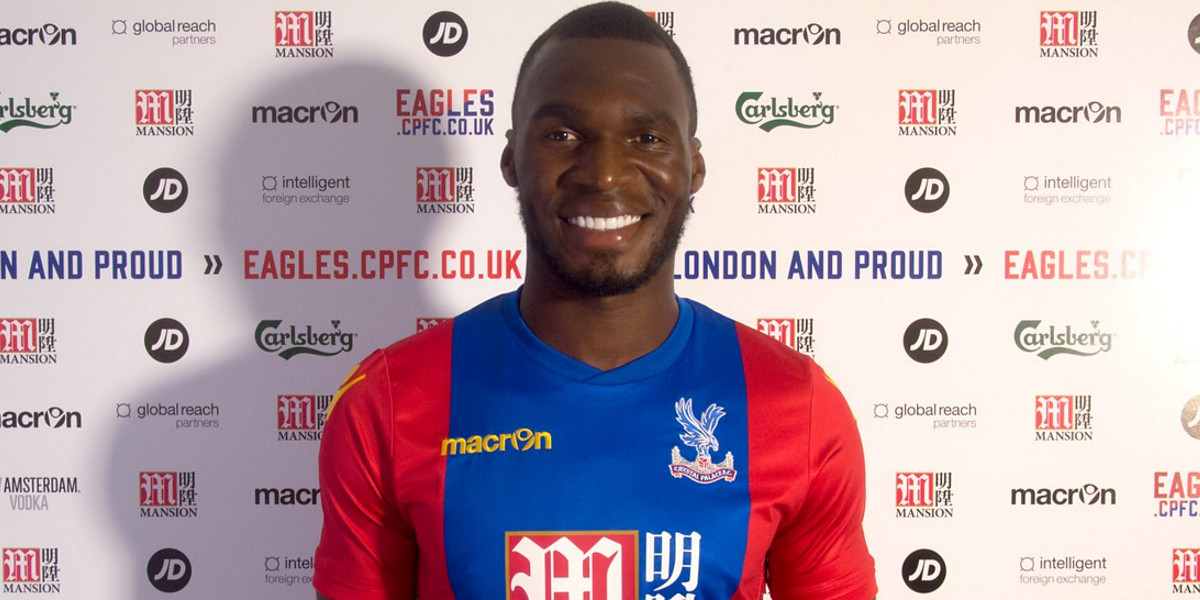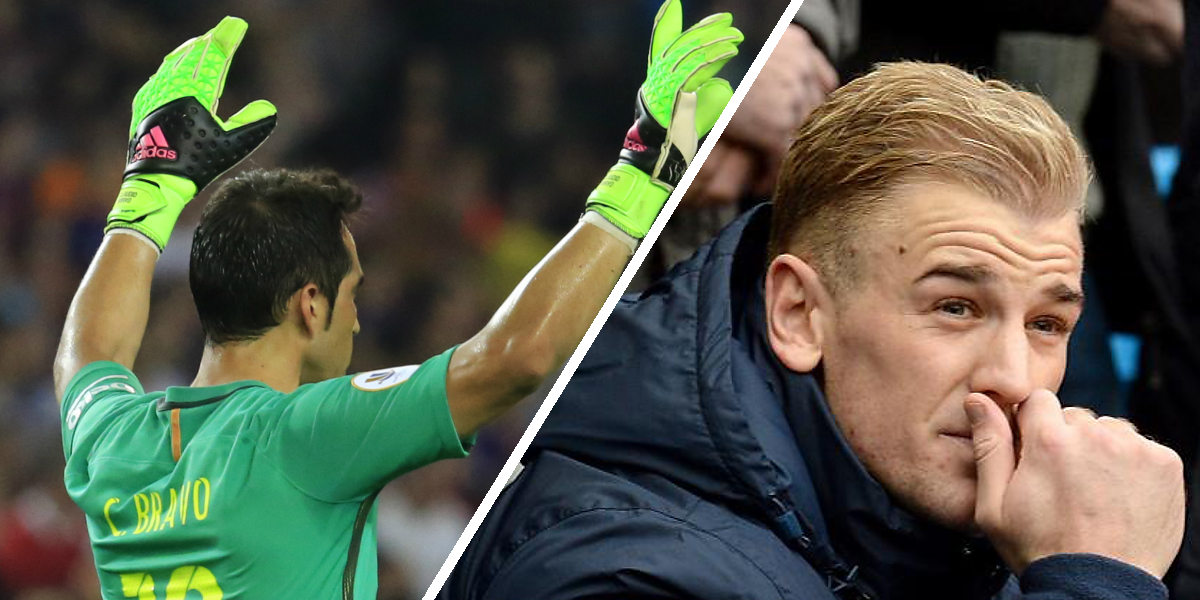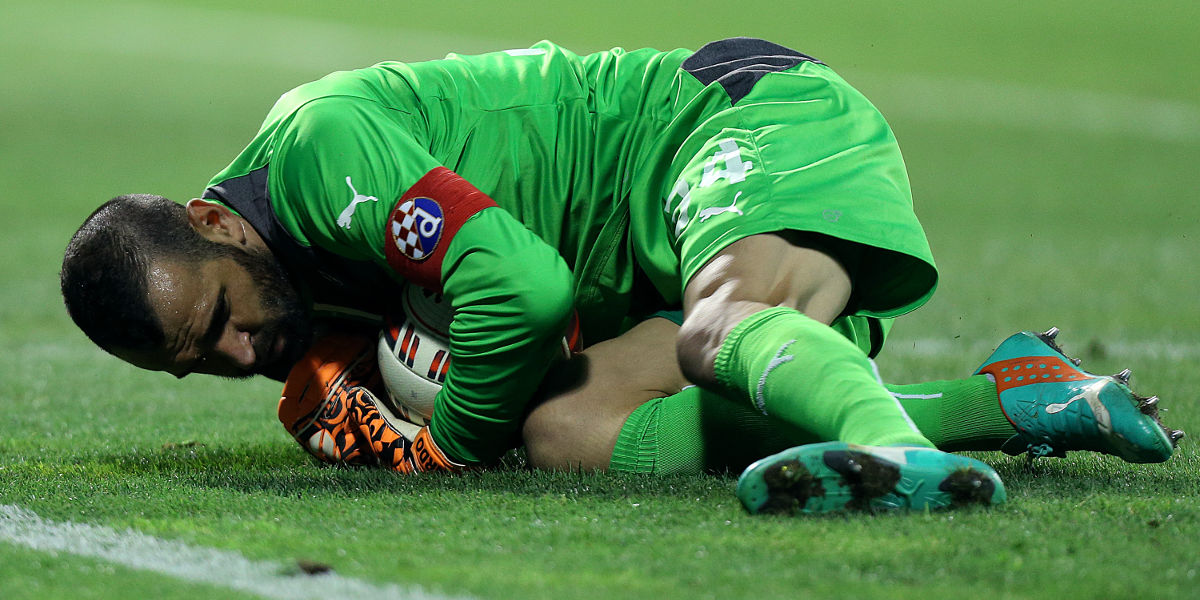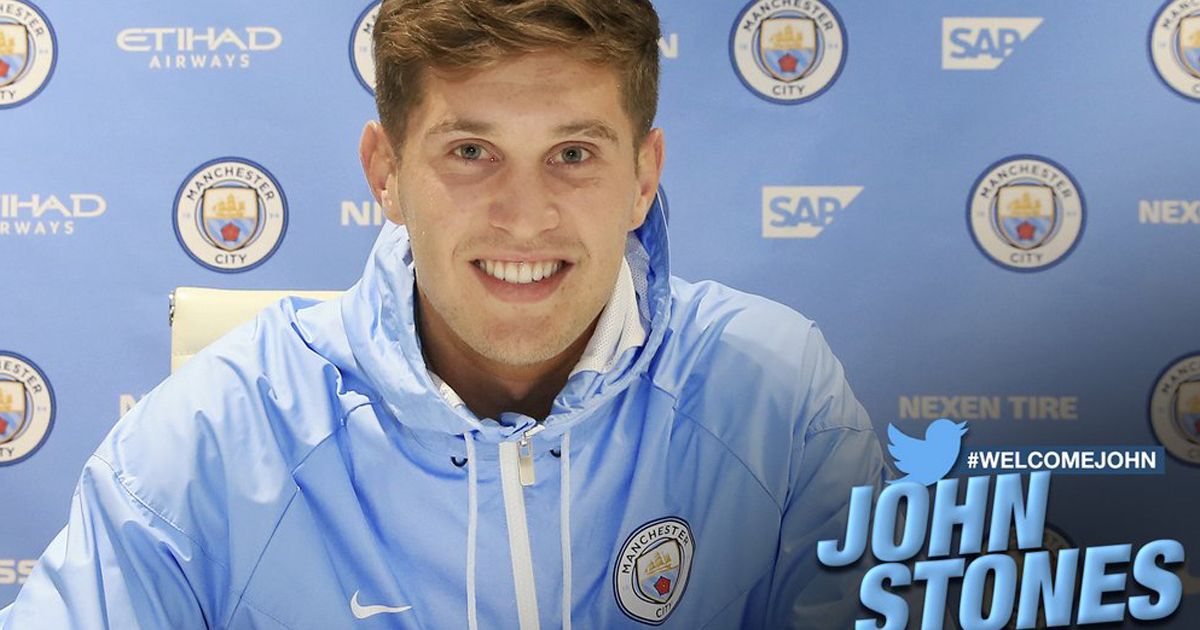By MARTIN SAMUEL
It is possible to have a safe job at Chelsea: just not as manager.
Bruce Buck, the chairman, has been in his position since 2003. He was head of the European branch of the legal firm Skadden, Arps, Slate, Meagher and Flom, whose clients included Sibneft, the company owned by Roman Abramovich.
In this capacity, he advised Abramovich on a number of acquisitions, including Chelsea Village plc. When the deal was concluded, Buck became chairman of Chelsea. He’s still there.
Eugene Tenenbaum has also enjoyed a stable career as a director at Stamford Bridge. A former head of corporate finance for Sibneft, he joined the Chelsea board in 2003 and remains.
Ron Gourlay, who became chief executive officer in 2009, arrived at the club in 2004 holding a variety of positions, including chief operating officer.
Steve Atkins, head of communications and public affairs, has been with Chelsea since 2007. Atkins and Gourlay assumed their present positions because their predecessors, Peter Kenyon and Simon Greenberg, resigned. Had they not sought fresh opportunities, one presumes they would still be employed today.
So the idea Abramovich enjoys firing people is untrue. In just about every other area of his football business, staff positions remain constant.
Gourlay does not take a call midway through a reserve match to tell him his time is up: he makes that call, to assistant manager Ray Wilkins.
Buck does not hold press conferences to announce his departure as chairman; he fronts up, on Abramovich’s behalf, having handed another managerial stooge his P45.
What appears to be absent here is respect. Abramovich clearly appreciates the work of lawyers, of business people, even public relations consultants; but anyone in a tracksuit is a clown.
The problem with such a short-sighted attitude is that, in time, it rubs off. First the owner thinks the manager is a fool, then the players and now the fans. Abramovich should not be surprised that so few are affording Rafael Benitez the consideration his c.v. merits; they are taking their cue directly from him.
The players know that if Benitez’s methods are not to their liking they can wait this one out.
Roberto Di Matteo also carried the enfeebling title of interim manager but he, shrewdly, forged a relationship with the players by giving them largely what they wanted. He dispensed with the most unpopular aspects of the Andre Villas-Boas regime — most significantly the poorly conceived high defensive line — and won friends by returning to familiar ways.
Benitez is more confrontational. One of his early calls was to drop Chelsea’s player of the season, Juan Mata, for a home game with Fulham and his brazen announcement that Ashley Cole and Frank Lampard have no future at the club will not have helped forge an immediate bond with senior team members, either.
Cole, certainly, appeared below his usual standard against West Ham United on Saturday, while Lampard will hardly rush back from injury to save a club who are dumping him, if it means jeopardising his long-term fitness and a future contract elsewhere.
Benitez can be a cold fish as a manager. Steven Gerrard says he could not even tease a smile out of him on the night Liverpool won the Champions League final. Gerrard knew, though, that after such incredible success, Benitez was going to be around for a long time, so like it or lump it.
This isn’t true at Chelsea. Don’t like Benitez, don’t like his style? Not to worry, another manager will be along in six months’ time and maybe you’ll click with him.
Speaking yesterday, Benitez said his players lacked a little confidence. Yet what should they feel confident in: a manager who won’t be there soon, or an owner who might already have taken against them, regardless of performances?
Abramovich’s way does not breed confidence of the kind that turns around a crisis. Di Matteo was fortunate in that Villas-Boas was unpopular and he could play the good guy. That option is not open to Benitez.
Players that are disgruntled by Di Matteo’s departure are hardly likely to be inspired by Benitez’s brand of tough love; particularly as his job title suggests he is only passing through.
The same is true of the fans. Would their reaction to Benitez have been so unanimously hostile if his was a long-term appointment?
If the dissent is loud enough, and the results lousy, they reason, he might even be gone by the new year. In this way, Abramovich’s lack of respect for the manager’s role is impacting on performances. The owner doesn’t listen to the manager, so why should anybody else?
Tonight, it is widely expected that Benitez will win his first game since arriving at Stamford Bridge. This being Chelsea, of course, that good news is likely to be overshadowed by a result in Donetsk that will spell the end of their Champions League campaign, making this the worst defence of the crown in history.
No champions of Europe have exited at the group stage the following season, a fact that will cast a pall over the anticipated win over Nordsjaelland, even if it ends with a Fernando Torres hat-trick.
Torres is doing a great job, said Benitez on the eve of the game, backing up his argument by praising his defensive work at corners.
Leaving aside that this was not exactly what Abramovich had in mind when he paid Liverpool £50million, it is a fine example of the muddled thinking at Chelsea. The owner has bought Oscar, Mata and Eden Hazard, and left them in the hands of a man who does not mind if his striker hasn’t scored for six matches, as long as he is keeping it tight at the back.
Gary Neville mocked defender David Luiz for playing like he was ‘being controlled by a 10-year-old on a PlayStation’, but the real juvenile at the controls at Chelsea is Abramovich. He buys Torres and then assembles a forward line that is incompatible with his needs.
He sacks a manager, replaces him with his polar opposite, and wonders why the transition proves difficult. With each action, he appears to treat the art of producing winning football teams with contempt, as if anybody can do it; and if he even for one second seriously considered bringing Avram Grant back in any capacity, then he must believe anybody can.
What a pity he does not view football with the same respect he reserves for lawyers, financiers or even company executives. In those fields, Chelsea are rational, even nurturing, employers. At the sight of a tracksuit, however, the club lose their mind.























